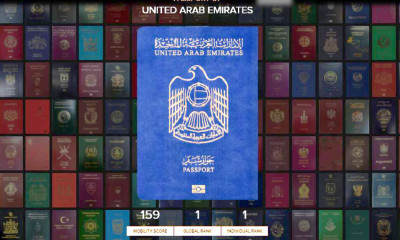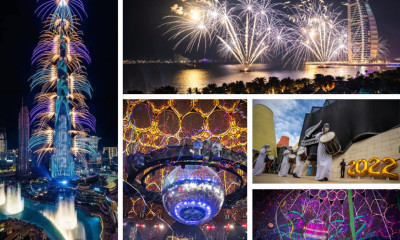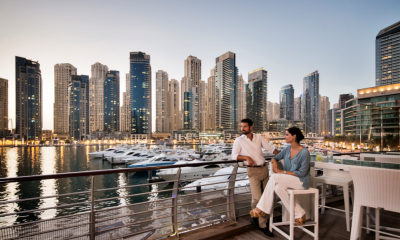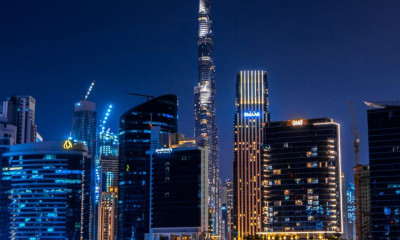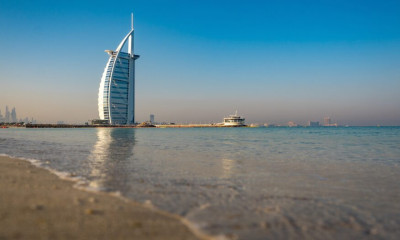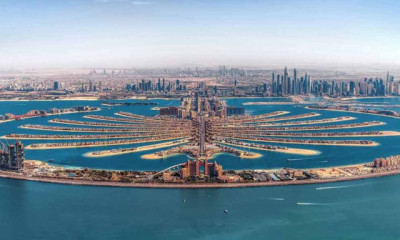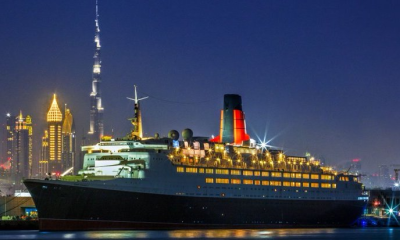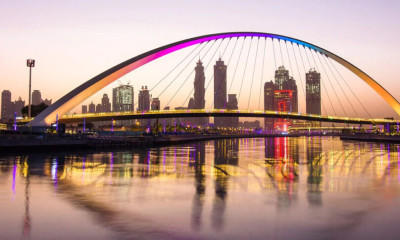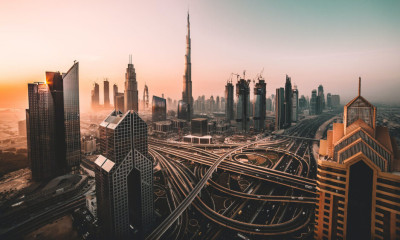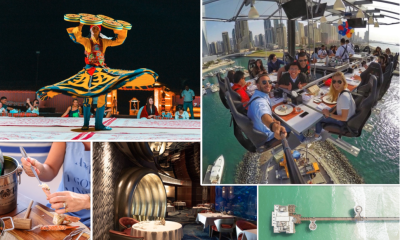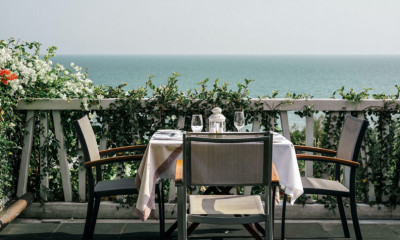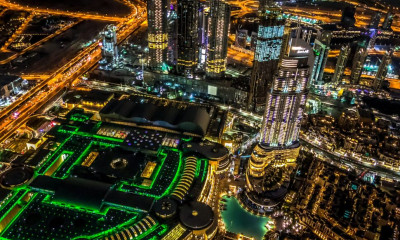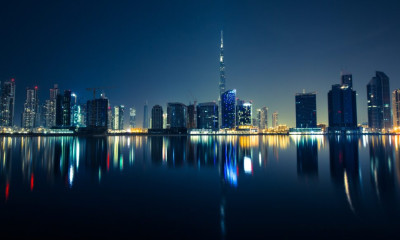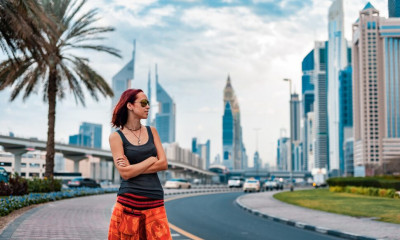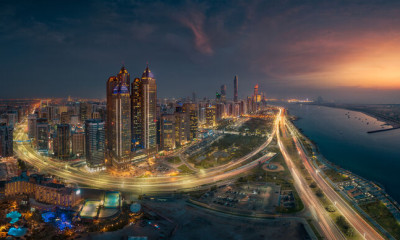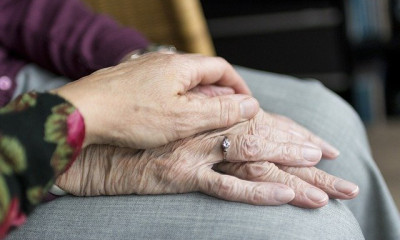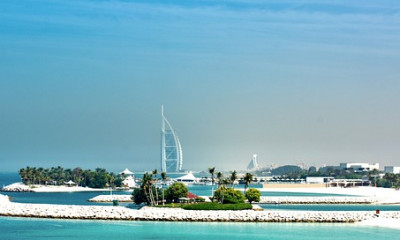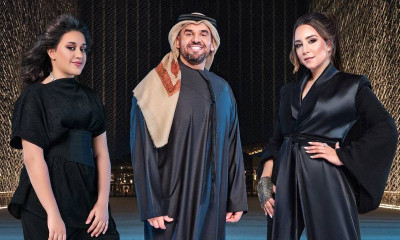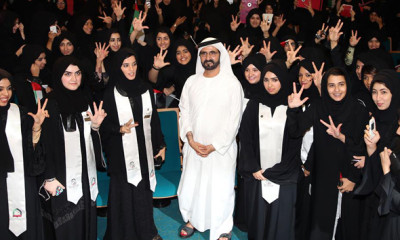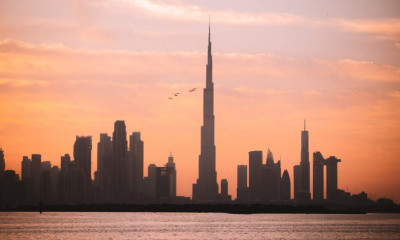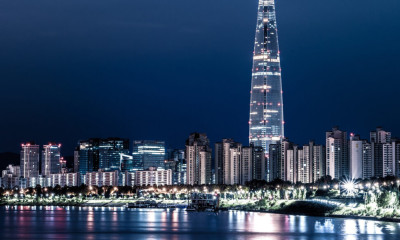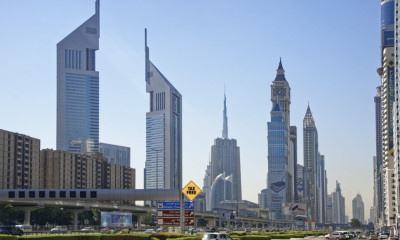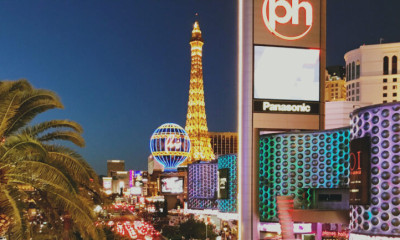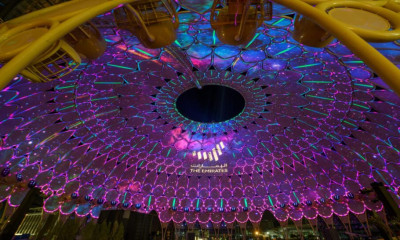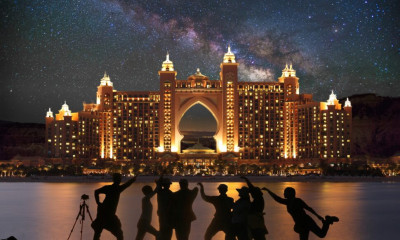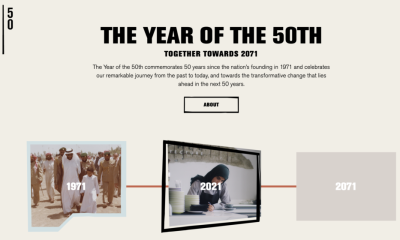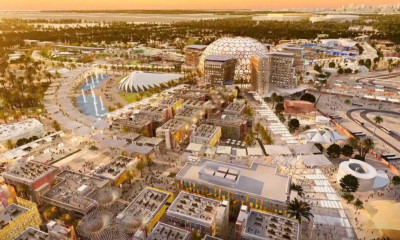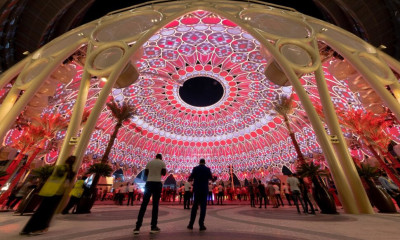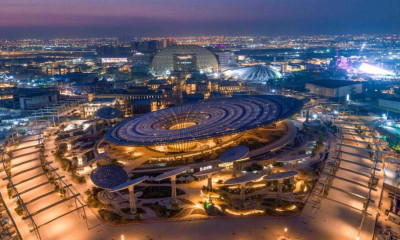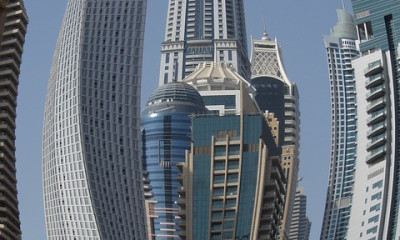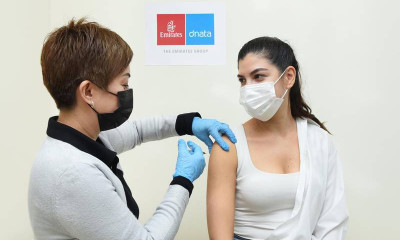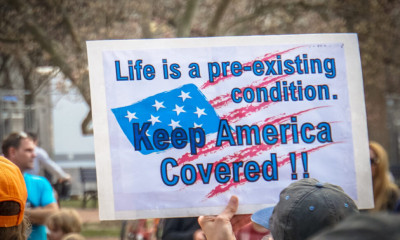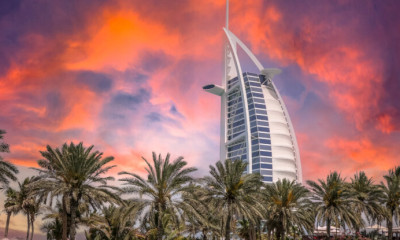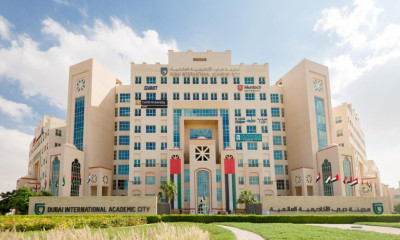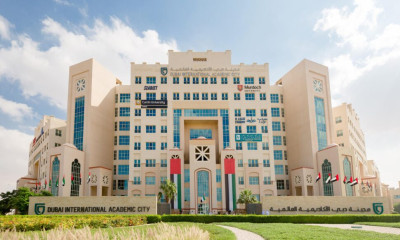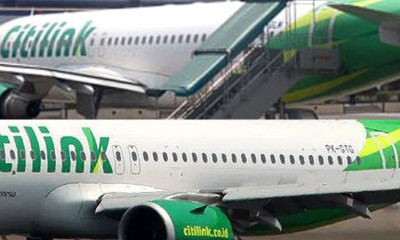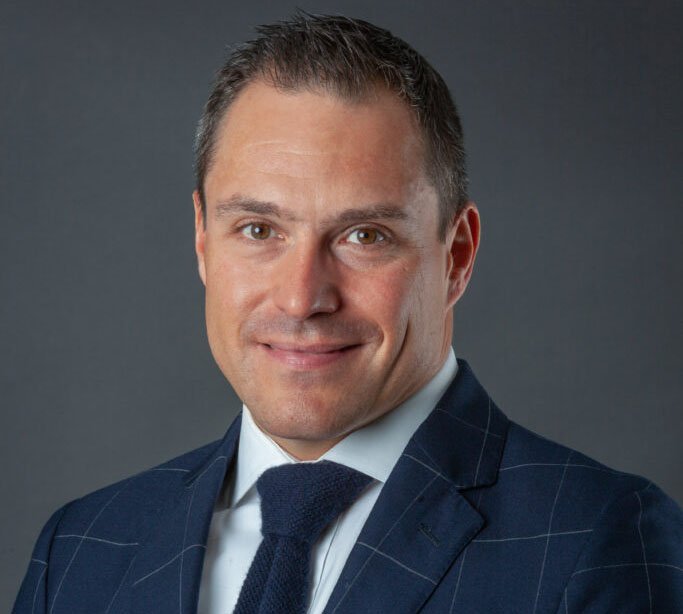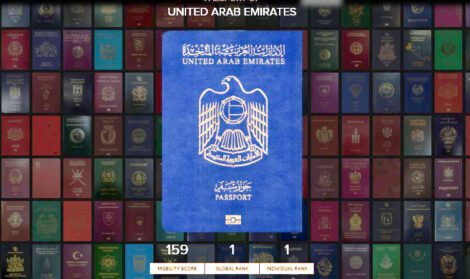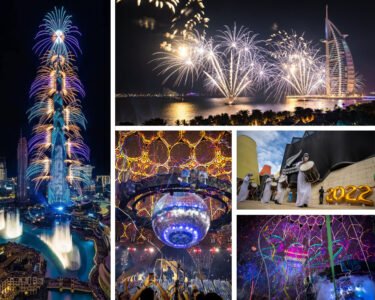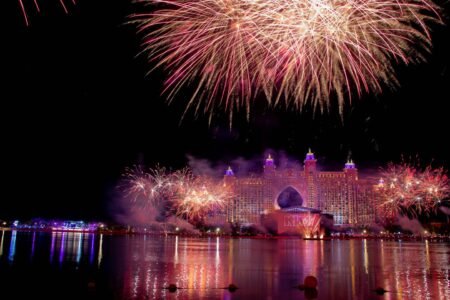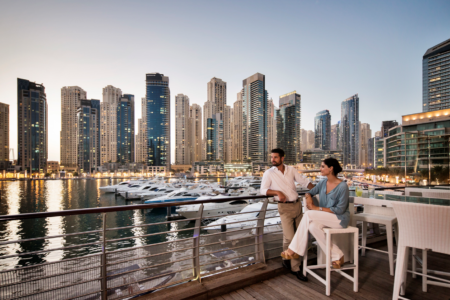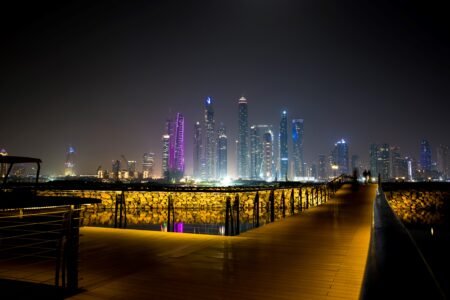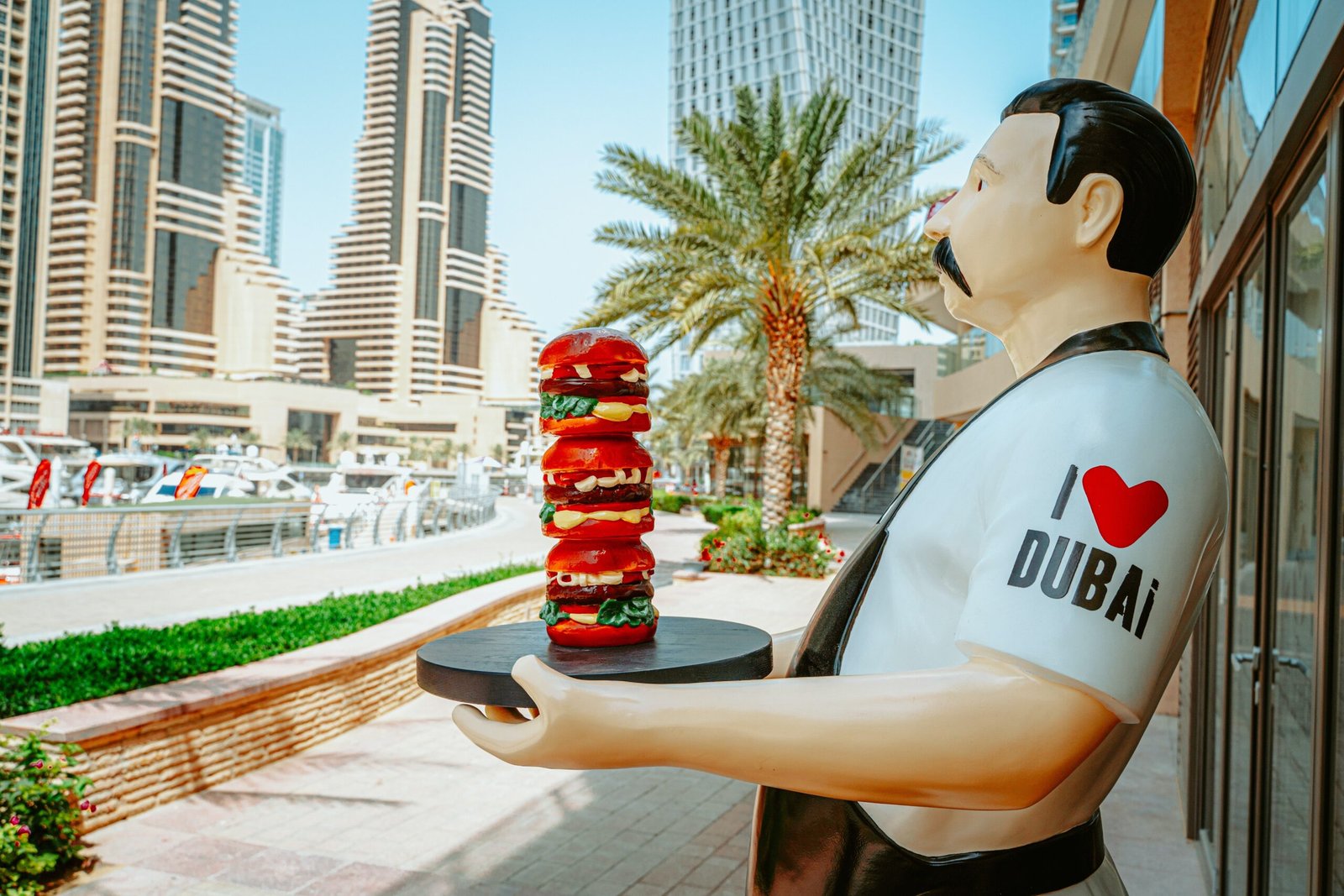
Call it the Expo 2020 Dubai bonanza. An action-packed December – the ongoing Expo 2020 Dubai, National Day celebrations, Christmas and New Year’s Eve festivities – helped the city’s hotels close 2021 on a high. A six-year high, to be precise. The latest data from STR shows that the city’s hotels were fully booked (eight out of every 10 available hotel rooms were occupied during the month), and Dubai’s hotel room rates saw a healthy uptick.
As a result of this demand-supply equilibrium, Dubai hotels earned a very healthy average rate of Dh956 per hotel room per night during the month of December 2021. Visitors and holiday-makers were more than happy to pay average room rates of Dh1,000 per night for the safety and service accorded by Dubai hotels. STR data shows that the average daily room rates in Dubai hotels remained under Dh500 for the most part of the year until the start of Expo 2020 in October 2021.
“The [Dubai] market’s absolute ADR and RevPAR levels were its highest for any month since January 2015 and March 2015, respectively,” said STR. ADR is the average daily room rate while RevPAR is an acronym for revenue per available room. RevPAR is the hospitality industry’s benchmark for hotel performance. A hotel calculates its RevPAR by dividing the income it earns from the rooms it rents out by the total number of rooms available (including those that remain unoccupied).
The New Year’s Eve (December 31, 2021) saw Dubai hotels’ average daily room rate more than double to almost Dh2,000, the highest ever for any single day in STR’s Dubai database. “On 31 December, the market’s ADR (Dh1,963.67) was the highest for any one day in STR’s Dubai database while the market’s RevPAR (Dh1,743.89) was the highest since 31 December 2015 (Dh1,768.85),” said STR.
How Dubai does it
Dubai does a lot of things really well, but turning crisis into opportunity is its forte. Whether it was the 1990 Gulf War or the global financial crisis of 2008-09, the foresight of its leaders, the resilience of its citizens, and the agility of its infrastructure have always helped Dubai emerge stronger once the dust settles.
The world’s travel and hospitality industry – airlines and hotels – have been particularly hit by the ongoing Covid-19 pandemic because of border closures and restrictions. Experts maintain that Dubai, however, has managed to sidestep the worst of the social and economic fallout thanks to its pre-emptive measures and the UAE’s massive vaccination drive.
There has been strong governance and a clear, consistent narrative communicated to citizens and residents i.e., ‘Dubai is open but please respect and adhere to Covid-19 measures’
Philippe Amarante, Director at Henley & Partners
“There has been strong governance and a clear, consistent narrative communicated to citizens and residents i.e., ‘Dubai is open but please respect and adhere to Covid-19 measures’,” said Philippe Amarante, Director at Henley & Partners, a global leader in residence and citizenship planning and the firm that powers the Henley Passport Index.
“The UAE has also demonstrated that it has developed resilient infrastructure and an excellent healthcare system,” Amarante told Dubai My Second Home, a dynamic resource for Dubai residents, tourists and business visitors.
“Dubai is doing what has to be done in order to instil confidence in prospecting visitors (businesses and tourists), ensuring its health and safety during their visit,” Nuno Gomes, Career Leader at Mercer (MENAT), told Dubai My Second Home last year.
Resilience + Vision + Planning
Indeed, Dubai’s resilience, foresight and strategic planning helped it become first among cities that gained from a global reopening as the world learns to deal with the pandemic.
Christopher Hire, Director Data of 2thinknow, the firm that powers the annual Innovation Cities Index, lists “wise counsel and leadership from the Ruler and the leadership group” as factors that have helped Dubai, the region’s financial capital, balance health and well-being of its residents and visitors with business and economic priorities.
“Dubai has lead the way for innovation regionally by remaining open,” Hire told Dubai My Second Home. “Dubai avoided the mistakes made by some other cities in their Covid-19 response,” he said.
“Dubai has lead the way for innovation regionally by remaining open. Dubai avoided the mistakes made by some other cities in their Covid-19 response”
— Christopher Hire, Director–Data of 2ThinkNow
“[Dubai] has not locked down too severely, not over-regulated for ease of administration by its public service, and has focused on stakeholder freedoms and liberties for citizens and residents,” he said. “Dubai has challenged some other larger cities to innovate in their Covid response,” added Hire.
“Dubai has shown a tremendous ability to implement preventive and restrictive measures that have had a very positive effect on how Dubai has been able to deal with the pandemic,” said Mercer’s Gomes.
“The quality and capacity of the healthcare system allowed Dubai to cope with the treatments required for its population, never putting it under stress and being able to care for all of those infected,” said Gomes. “I would also highlight the relatively young population living in Dubai that made it easier to prevent major casualties due to Covid-19, with fewer residents at high-risk profile due to age or pre-existing conditions,” he said.
A combination of the precautionary measures that the UAE adopted at the start of the pandemic, rolling out vaccines at one of the fastest rates in the world, and its ability to ensure continuity of business made it the top country in terms of dealing with the coronavirus.
A free countrywide vaccination campaign puts the UAE as the top nation globally in terms of overall vaccine rollout. With lockdowns, curfews and movement restrictions still an unfortunate part of life in many cities of the world, not many destinations can boast of a jam-packed schedule of events.



